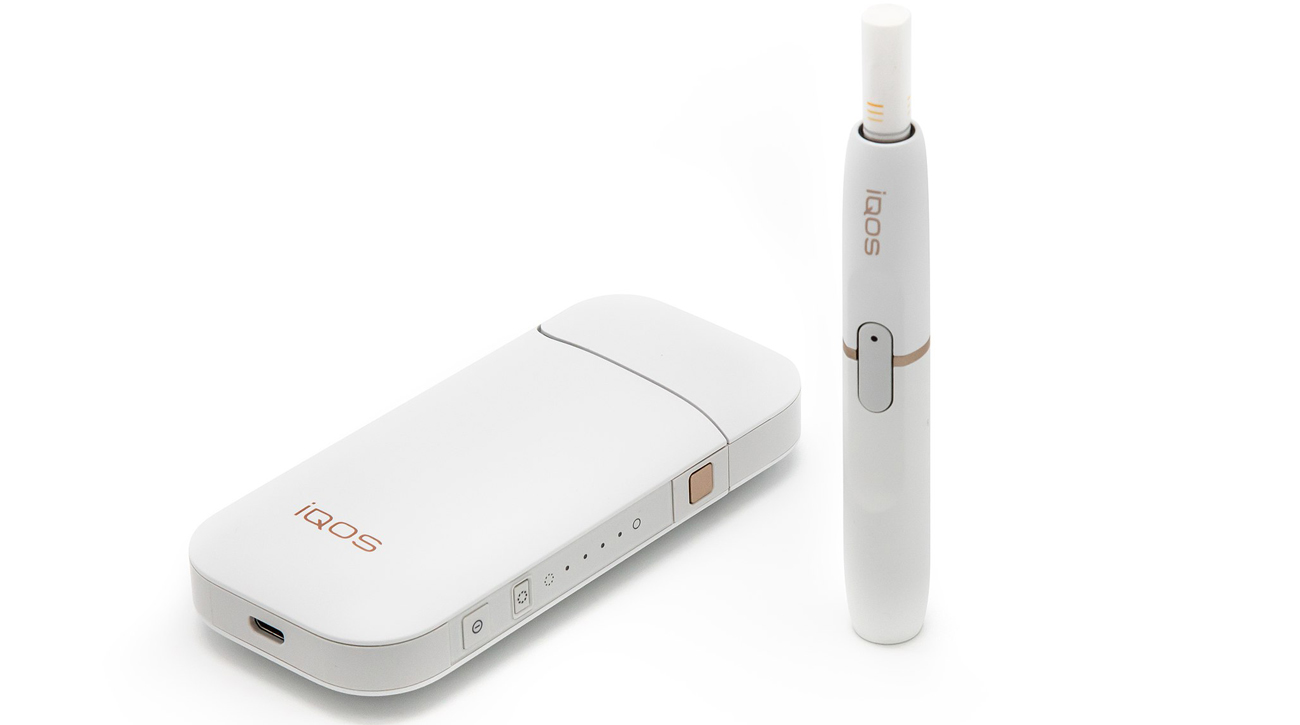WASHINGTON, D.C. (Oct. 16, 2019) – The Milken Institute School of Public Health (Milken Institute SPH) at the George Washington University (GW) today announced a $1.2 million grant from the National Institutes of Health (NIH) to examine the marketing strategies used by Philip Morris International to sell a new tobacco product called IQOS.
Carla J. Berg, PhD, MBA, a distinguished tobacco control expert and professor of prevention and community health at Milken Institute SPH, will co-lead the three-year study with Hagai Levine, MD, MPH, a senior public health physician and professor of epidemiology at Hadassah-Hebrew University School of Public Health in Jerusalem, Israel. The researchers will examine IQOS marketing and impact on consumer behavior in Israel, where the product has been sold since 2016, and in the United States, where it entered the marketplace this month.
“By studying real-world marketing of IQOS across countries and time, we hope to provide data that will help guide the regulation of the product now that it is approved to be sold in the United States,” said Berg, who is also the associate center director for population sciences and policy for the GW Cancer Center. “Our ultimate goal is to inform U.S. regulatory efforts aimed at minimizing the harm associated with tobacco use.”
The U.S. Food and Drug Administration (FDA) regulates the tobacco industry, its marketing and the sale of new products. Philip Morris International received approval from the FDA in April 2019 to sell IQOS in the U.S. The company hopes to market the new device as being less harmful than cigarettes, but the FDA is still reviewing the application to sell IQOS under a “reduced harm” label.
Although IQOS in sold in over 40 other countries, the research team chose to focus on Israel because its regulatory efforts are unique, Berg explains. IQOS was virtually unregulated when it was first introduced to the marketplace there, then moderately regulated as a tobacco product from 2017 through 2019. Legislation to regulate tobacco products that took effect in early 2019 is progressive and applies to IQOS, Berg said. The research team has been collecting data on IQOS since its introduction, Berg explained, so it can compare how Philip Morris International changed its marketing strategies with each phase of regulation.
"Investigating the changes in marketing strategies and consumer behavior of IQOS in Israel, during rapid shifts in tobacco regulation, is a type of a ‘natural experiment’,” Levine said. "Learning from our unique experience in Israel, dealing with a new tobacco product that may pose a threat to public health could be instrumental in informing policy in the United States".
Marketing strategies used to sell IQOS internationally include sponsorships of events, social media, and product-specific stores and kiosks. The collaborators, together with Yael Bar-Zeev, MD, PhD, from Hebrew University, who is also an investigator in the grant, have previously investigated IQOS marketing strategies at point-of-sale, including pricing and placement. Philip Morris International recently suspended an international marketing campaign for the device that used social media influencers to promote the product on Instagram after an investigation found the marketing enticed youth users. U.S. regulation already prohibit several of these tactics, including sponsorships, but an IQOS store newly opened in Atlanta as a test market, with plans to expand sales nationwide.
The product is entering the U.S. marketplace at a time when local, state and federal government officials as well as public health experts are working to curb the epidemic use of alternative tobacco products, such as e-cigarettes, among young people. Over 3.6 million middle and high school students in the U.S. use e-cigarettes, according to the Centers for Disease Control and Prevention, which is about one-third of all U.S. e-cigarette users. Little data is available on youth use of IQOS internationally, and more research is needed to learn if U.S. young people would use the product. Berg and the research team will examine marketing of the product in Israel and the U.S. to determine if any could appeal to young people, possibly helping officials prevent youth use of another tobacco product.
“By understanding how IQOS has been marketed across different countries and policy contexts, we can more efficiently and quickly inform regulatory efforts in the U.S.” Berg said. “It’s critical to use real-world marketing examples to gauge the public health impact of this new product, particularly as it pertains to the uptake of such products among young people.”


